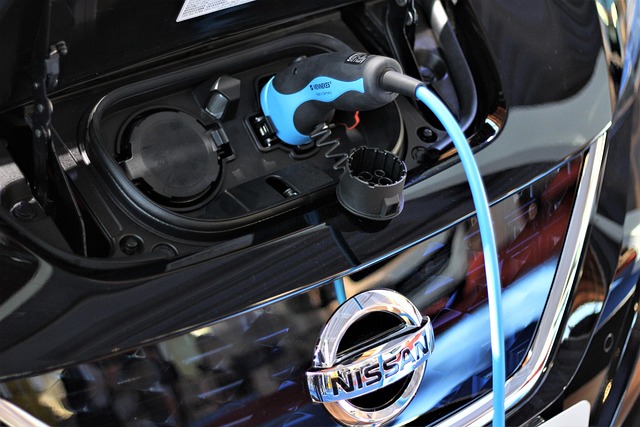As the world increasingly focuses on sustainability and environmental responsibility, the need for zero-emission transportation solutions has never been more urgent. This is especially true in rural areas, where traditional transport options often contribute significantly to carbon emissions while lacking the infrastructure for modern, sustainable alternatives. Transport sustainability is not merely an environmental necessity; it is a catalyst for rural development, empowering communities and creating economic opportunities.
Implementing zero-emission transportation in rural settings can transform mobility, making it cleaner and more accessible. Electric vehicles (EVs), for instance, offer an effective solution to the problems posed by gasoline-powered transport. They are not only cleaner but can also reduce long-term transportation costs for rural families. With the decline of fossil fuel dependency, communities can harness renewable energy sources, such as solar and wind, to power their vehicles, further enhancing their sustainability efforts.
The journey towards sustainable development in rural areas is two-fold. First, we must invest in the necessary infrastructure that supports zero-emission transportation. This includes charging stations for electric vehicles that are easily accessible and affordable for rural residents. Local governments and organizations should collaborate to create funding opportunities that promote the installation of these facilities, ensuring that even the most remote regions are included in the transition to sustainable transport.
Moreover, fostering awareness and education around the benefits of zero-emission transportation can drive community engagement. Workshops, demonstrations, and partnerships with local organizations can help showcase electric vehicles and other sustainable options, instilling a sense of ownership and responsibility among community members.
Additionally, the implementation of zero-emission transportation can lead to broader socioeconomic benefits. Enhanced mobility can open doors to better job opportunities, access to education, and healthcare services for rural populations. This not only improves the quality of life but can also encourage young people to stay in or return to their communities, countering the trends of urban migration that rural areas have long faced.
Transport sustainability is not a distant dream; it is an achievable goal that requires collective action, innovation, and commitment. By prioritizing zero-emission transportation solutions, we can pave the way for a future where rural development thrives. This journey will not only benefit the environment but will also rejuvenate rural economies, creating resilient communities ready to face the challenges of tomorrow.




